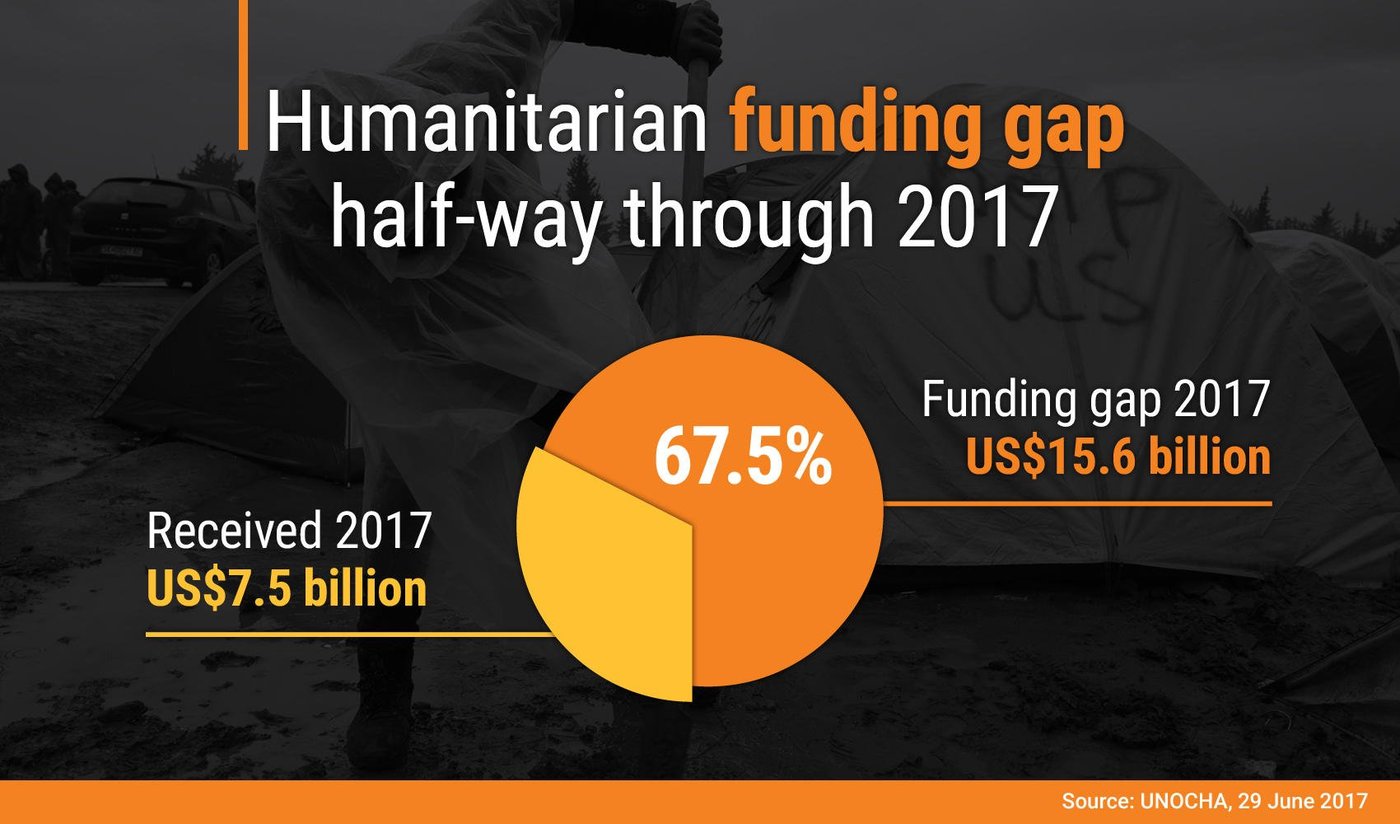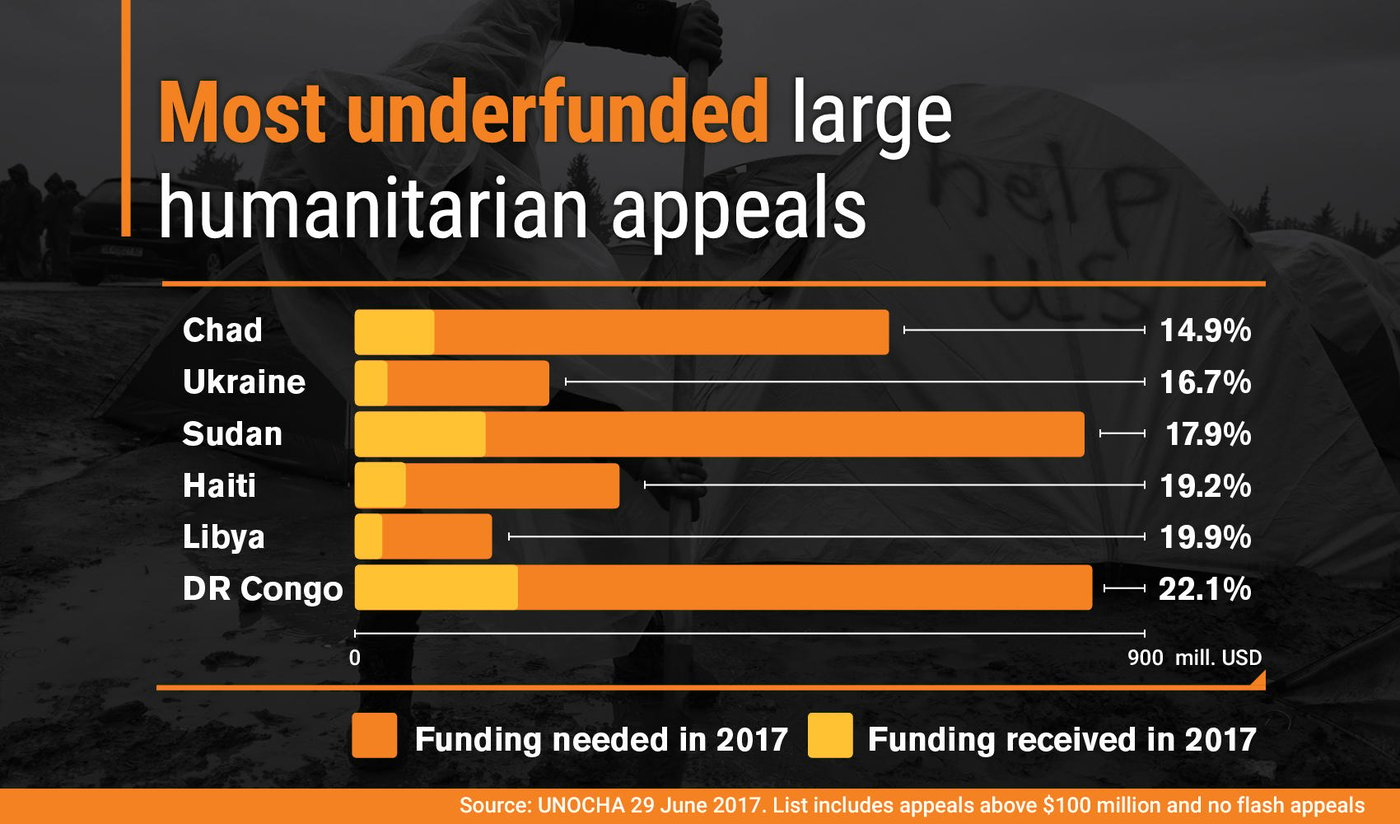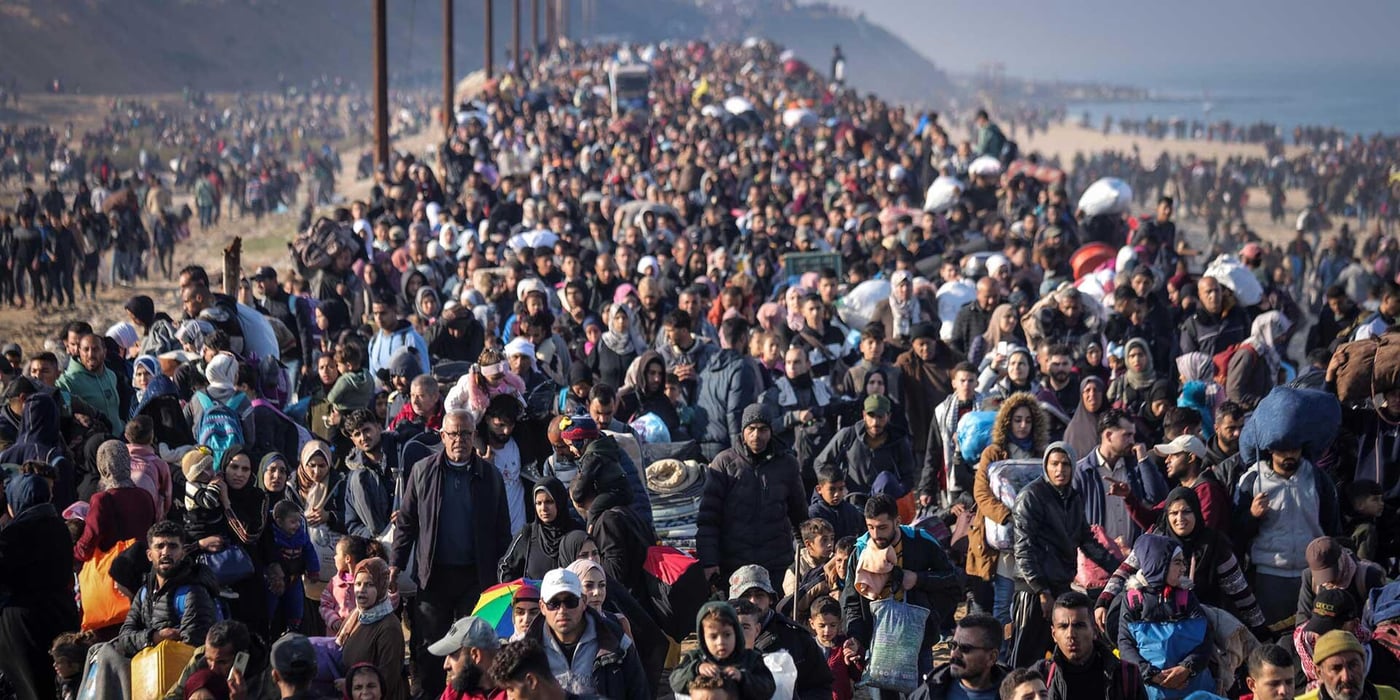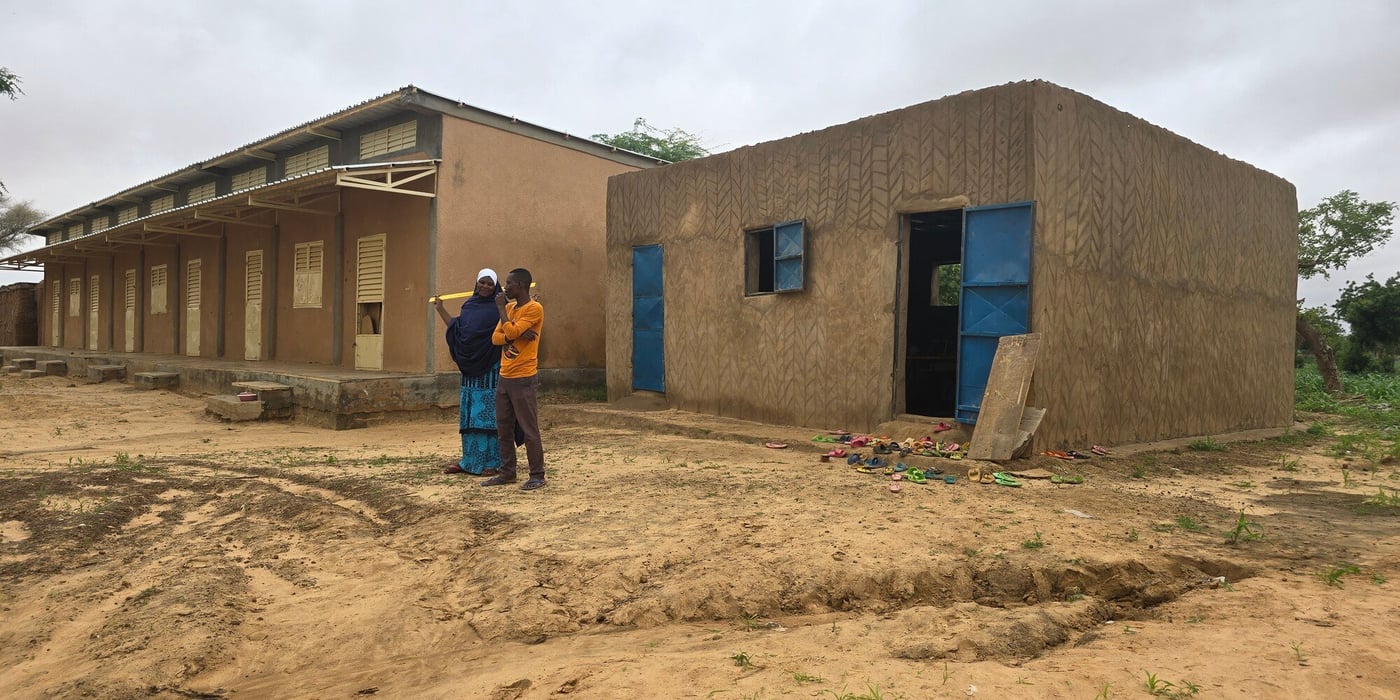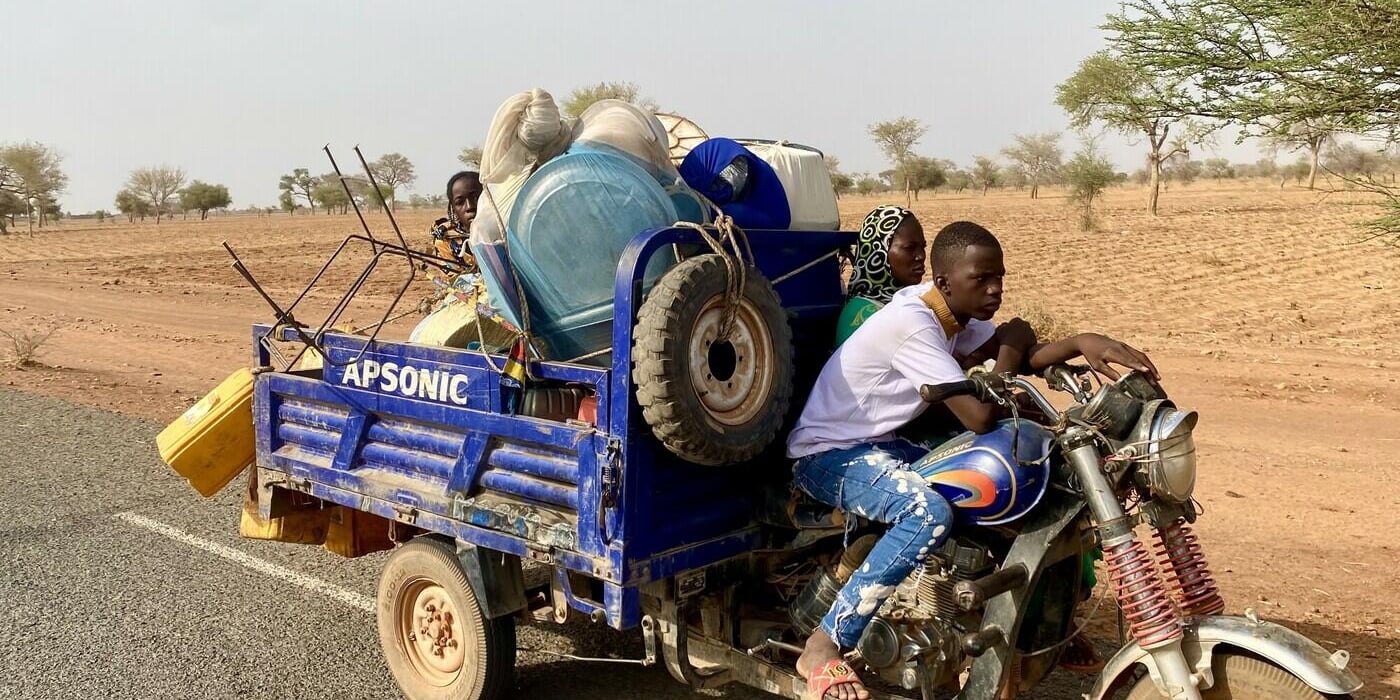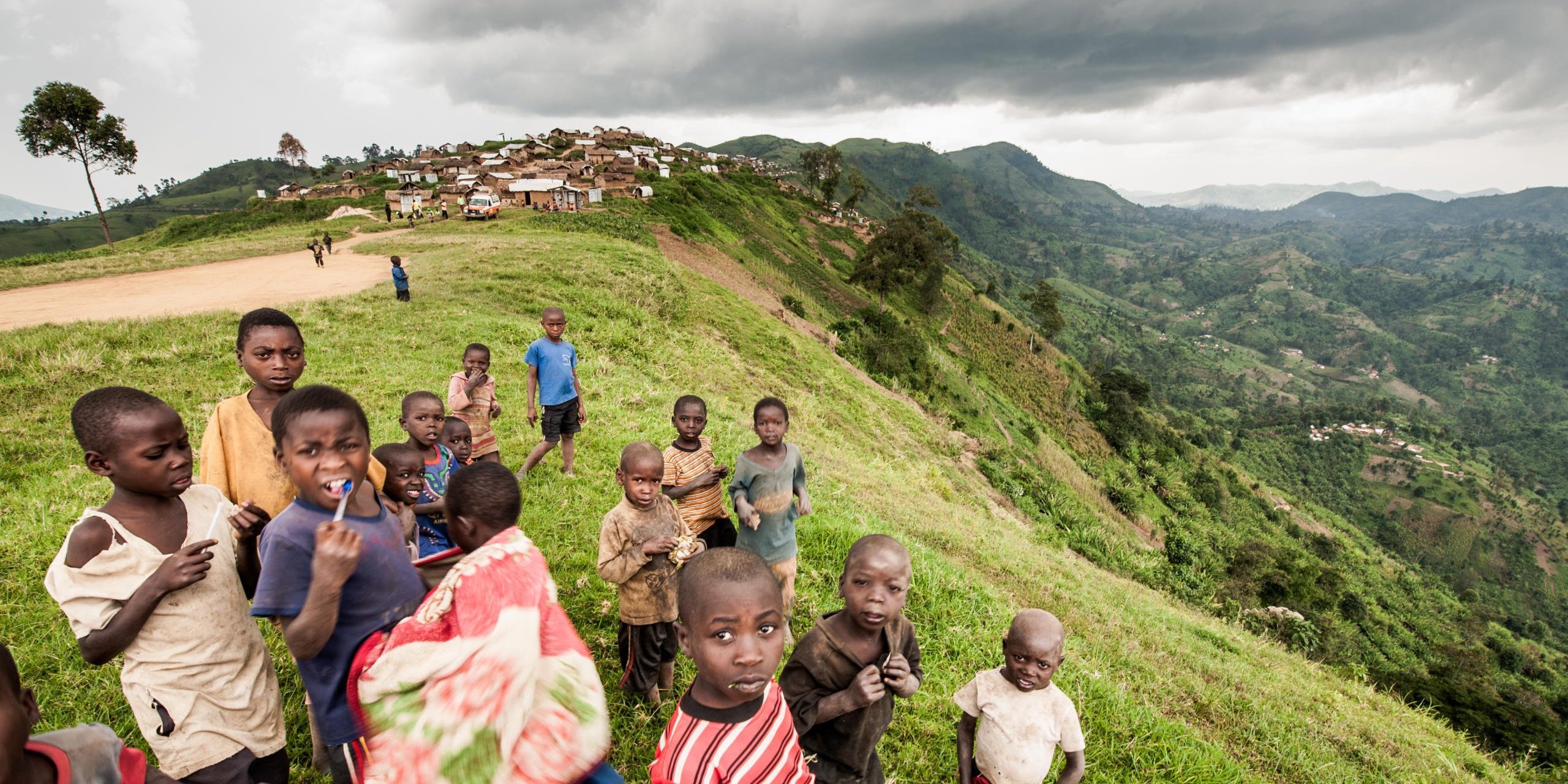
Every year the UN and humanitarian partners present response plans for the world’s largest humanitarian crises. In total, they have appealed for $23.1 billion in 2017 to provide the most basic assistance to people in need. Six months into the year more than $15 billions are still missing.
“The money lacking equals only $2 per person in the world. Some of the world’s richest individuals could have covered the gap on their own. Many countries can afford to take the entire bill. That makes it incomprehensible and outrageous that the world jointly is unwilling to provide sufficient assistance”, said Egeland.
It is particularly hard to get necessary support to people in neglected crises. The appeals for funding to DR Congo, Sudan, Chad, Cameroon and Mali are all less than 25 per cent covered.
”As a result of lack of funding, many families have had their food rations cut and get no clean drinking water. Many children affected by emergencies have no school and no shelter,” said Egeland.
Large unchecked conflicts, historically high displacement figures, droughts and four potential famines have resulted in extraordinary humanitarian needs. The Norwegian Refugee Council calls on donor countries in Europe, the Americas, Asia and the Gulf region to increase their humanitarian funding, and to prepare for great needs for humanitarian assistance also in the year to come.
“The devastating human costs will continue to increase and destabilise entire regions if we do not act now. In addition to the traditional donors, large and growing economies in Asia and elsewhere need to show more generosity,” said Egeland.
Media contacts:
- Tuva Raanes Bogsnes, Head of Communications, +47 93231883, tubo@nrc.no
- Tiril Skarstein, Media Adviser, +47 90569287, tisk@nrc.no
- Media hotline, +47 905 62 329, info@nrc.no
